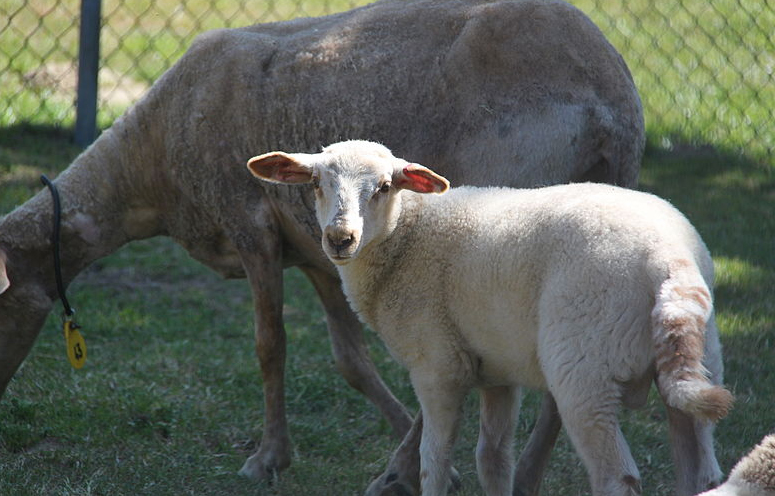
Liver fluke is causing havoc in many parts of the UK, recent reports show.
Peter Baber, Chairman of SCOPS (Sustainable Control Of Parasites in Sheep), says the recent heavy rains across the UK have maintained the high risk of liver fluke in sheep and cattle and he stressed the need for farmers to urgently contact their vet or prescriber to discuss your fluke control programme.
Recent reports from the AHVLA show a tenfold increase in the number of cases of acute fasciolosis in the last quarter of 2012 compared with 2011 and a fourfold increase in the number of cases of chronic disease.
'Fluke alert'
These data are supported by reports from veterinary practitioners, who are also diagnosing fasciolosis at post mortem examinations of sheep for their farming clients in a large number of cases.
The SCOPS group put out a fluke alert at the end of summer warning that, due to the wet summer, the fluke risk would be high. Farmers were urged to discuss the situation on their farms with their prescriber.
The fluke challenge has, as anticipated, been very high this year and the traditional treatment times are no longer applicable.
There have been other forecasts warning of a rise in liver fluke. January's Parasite Forecast from the National Animal Disease Information Service (NADIS) showed a significant risk factor across most of the rest of the UK.
It was more important than ever, Veterinary adviser Fiona MacGillivray said, that farmers are vigilant and consider fluke treatment as part of their farm health plans.
At this time she suggests that grazing cattle considered at risk and not treated should be dosed to try and remove fluke in the liver that may be affecting production.
"Consult your vet for advice on which treatment to use if cattle have been grazing high risk pastures," she said.
"Cattle which have been housed but not yet treated for fluke should be dosed with a flukicide, such as closantel, clorsulon or nitroxynil, if they had been on pastures beforehand which were likely to have been contaminated."
"Try to avoid using triclabendazole-based flukicide treatments in cattle unless acute disease is suspected; by conserving use of this vitally important drug for the treatment of acute disease in sheep it may be possible to reduce and delay the development of resistance, which is becoming more widespread across both the UK and Ireland."
Pasture contamination
The weather conditions experienced in 2012 will mean further problems can also be expected through 2013.
MacGillivray said: "The high fluke risk last year will mean pasture contamination with fluke cysts and an increased risk of disease problems in spring and summer."
"A fluke treatment at grass this year is therefore likely to be even more imperative to both reduce further pasture contamination and also to minimise the impact of fluke disease."
Only a spell of very cold weather (Fluke metacercarieae are only killed by temperatures below minus 18 degrees centigrade for several days) will stem the tide and at the moment this is not being forecast.
"Sheep farmers must continue to monitor their flocks for signs of fluke infection and treat with an appropriate flukicide" said Stubbings.
"If sheep have suffered any liver damage they will also need good quality feed, to maintain body condition up to lambing" she added.
"Rumen fluke has been diagnosed on some farms but, unless you have a problem diagnosed, liver fluke is still the main threat. The treatment for rumen fluke is oxyclozanide, which only kills adult liver fluke, so using it at this time of year could leave your animals at risk from acute liver fluke."
